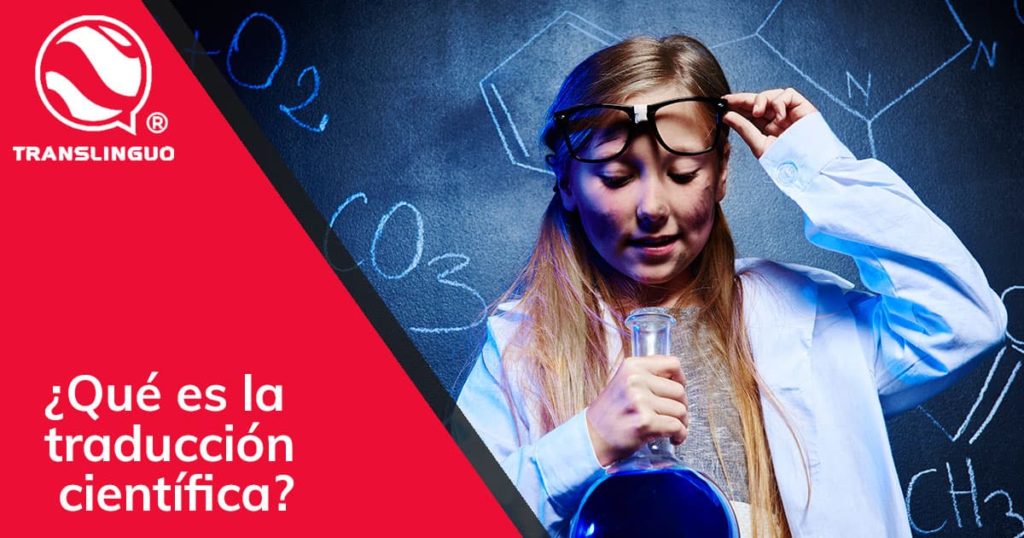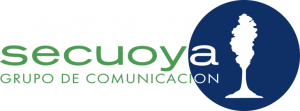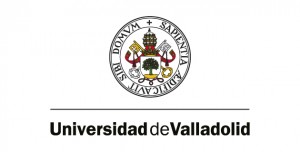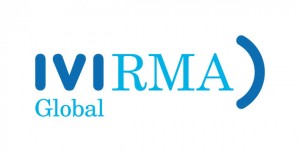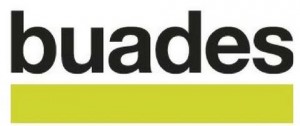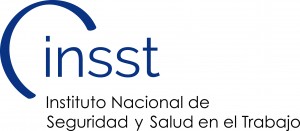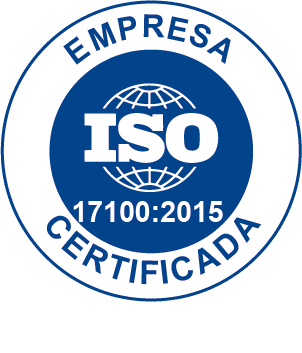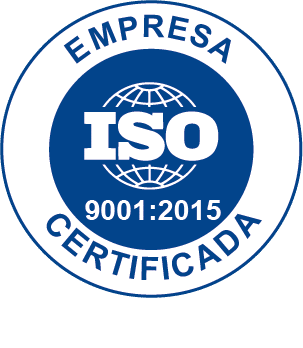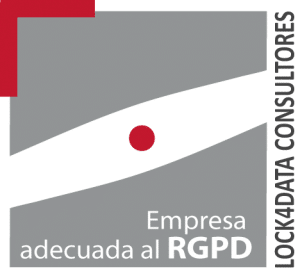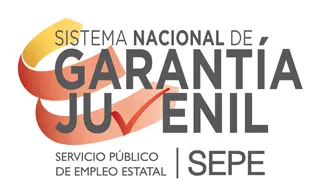What is a scientific translation?
Scientific translation services are one of the most demanding translation services, as they require a great deal of attention to detail. For this reason, they require professional work. It is a specialization within the technical translation and it is related to any scientific discipline. In these cases, translators must be specialized and well qualified in that field, as the translation must be accurate.Terminology plays a very important role in scientific translation. Therefore, translators must have an extensive knowledge of the specific branch of science to be translated. The translator should not only have a broad linguistic knowledge of the language, but also of the terminology of that branch. In this way, the translation will be detailed and complete.
Offered scientific translation services
The type of content that is usually translated include conferences, presentations, theses, protocols, books, scientific manuals, research articles. It should be noted that scientific translation services do not only have science as their field of expertise. They also take into account the areas of technology and humanities since these are also sciences.In science, we find the fields of biology, geology, chemistry, physics, medicine, mathematics, and genetics, among others. In technology, we find the fields of robotics, nanotechnology, computer science, biotechnology, etc. In humanities, we find the fields of psychology, sociology, education, anthropology, art history, etc.It is true that the predominant language of science is English. However, many nations are interested in studies conducted in non-English-speaking countries. Both research institutions and scientific companies want to internationalize their business. For this reason, they request
Complexity of scientific translation
A good understanding of the language and the field into which the translation is being done makes all the difference. In order to achieve this, certain errors that arise when translating must be solved. For example, the most obvious is to check the translation if a machine translator has been used (known as post-editing). Most machine translators do not usually have extensive knowledge of terminology, so they will make mistakes.Literal translations are another mistake. This occurs because the translator does not understand the content of the text correctly, which leads to an erroneous translation. False friends are another common error. This error can arise if the translator is not specialized in that field and does not know its terminology.A curious fact is that scientific translations are more expensive than general translations. This is because more training is required from the translator and much more precision is needed to translate. As a result, the time spent on translation increases.
